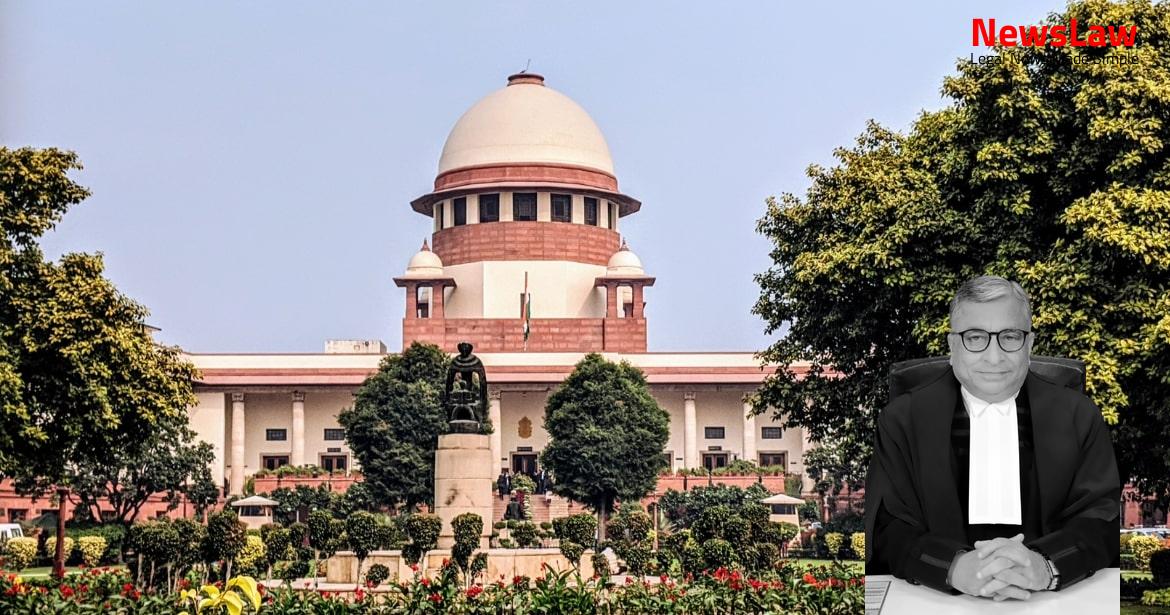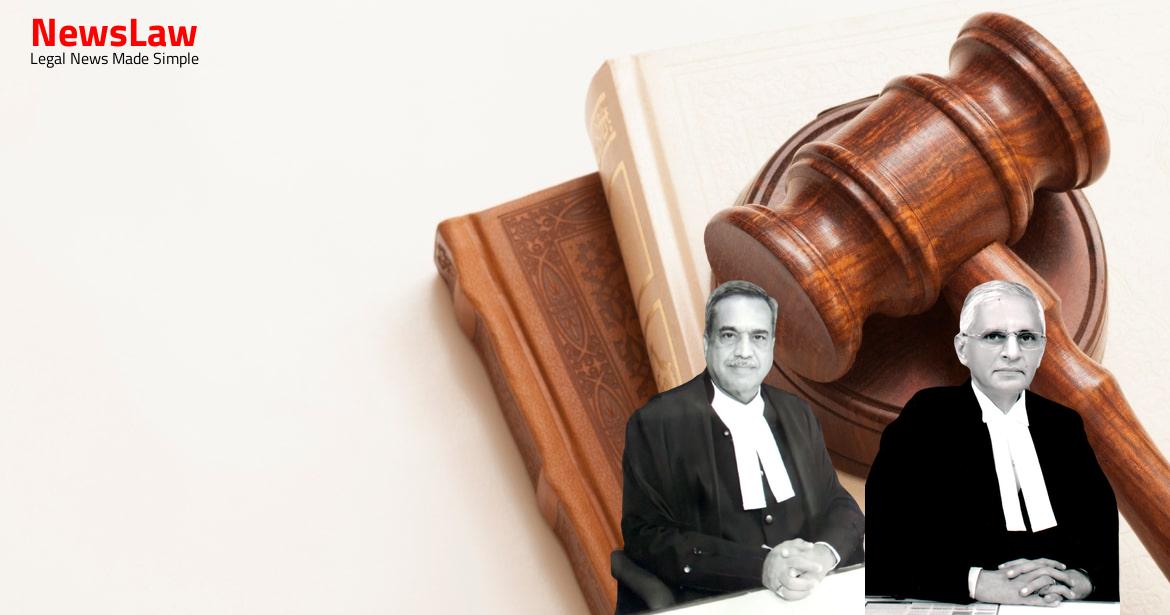Explore the in-depth legal analysis provided by the court regarding the management of COVID-19 challenges. The court’s jurisdiction and directives play a pivotal role in shaping the response to the pandemic. Stay informed about the latest developments in legal proceedings related to COVID-19.
Facts
- The Court directed individual States/UTs to discuss their affidavits at a later hearing.
- Learned Amici were directed to prepare a tabular compilation of all Interlocutory Applications.
- Mr. Vikas Singh, Senior Counsel and President of the Supreme Court Bar Association made brief interjections.
- Mr. Tushar Mehta, learned Solicitor General of India, represented the Central Government in the hearing on 30 April 2021.
- The Court assumed jurisdiction over COVID-19 issues that extend beyond state boundaries.
- A presentation on oxygen supply in India was given by Ms. Sumita Dawra from the Ministry of Commerce and Industry.
- The National Disaster Management Authority issued guidelines for COVID-19 prevention on 24 March 2020.
- The Court emphasized the importance of Article 226 jurisdiction for High Courts to handle state-specific issues.
- The Home Secretary, Ministry of Home Affairs, as Chairperson of the National Executive Committee, was mentioned.
- The UOI was directed to file an additional affidavit, and States/UTs to file fresh affidavits on four specific issues.
- Fresh affidavits were received from UOI and various States/UTs, addressing the issues mentioned in the Court’s order.
- Notices were issued to Union of India, State and UT Governments, and petitioners before High Courts.
- The issues raised will be considered in a later hearing.
- Hearings held on 27 April 2021 in the matter.
- Two new Amici appointed: Mr. Jaideep Gupta and Ms. Meenakshi Arora, learned Senior Counsel.
- Court clarified that its jurisdiction under Article 32 does not erode a High Court’s jurisdiction under Article 226.
- Central Government directed by the Court to…
- An Amicus Curiae was also appointed by the Court to assist.
Also Read: Electoral Malpractices in Mayor Election
Analysis
- The Central Government has taken steps to augment the availability of oxygen to tackle the COVID-19 pandemic.
- Efforts are being made to create a buffer stock of oxygen for emergency purposes to ensure continuous supply lines even in unforeseen circumstances.
- The Central Government is urged to frame a policy under the Disaster Management Act to be followed nationally.
- An interactive mechanism, the “Virtual Central Control Room”, has been set up for real-time monitoring and resolution of problems related to oxygen supply.
- Allocation orders for oxygen were revised multiple times in response to changing demand and supply chain challenges.
- Legal frameworks like compulsory licensing and government acquisition of patents have been highlighted as possible options to address vaccine requirements equitably.
- Efforts are being made to increase the availability of essential drugs and ensure transparent demand-supply management.
- Emergency stocks of oxygen should be decentralized and easily accessible to avoid disruptions in supply to hospitals.
- Challenges and discrepancies in oxygen supply allocation and lifting are being addressed through ongoing dialogues between the Central Government and State Governments.
- Section 35(2)(e) mandates the Central Government to assist and cooperate with State Governments as requested or deemed appropriate by it.
- Section 35(2)(a) requires coordination of actions between the Central Government and State Governments in disaster management.
- The WHO conducted a study on how individuals between 18-40 years dealt with the pandemic using social media.
- Online communities on social media have helped the needy by assisting in procuring oxygen, essential drugs, hospital beds, and offering emotional support.
- Individuals seeking help on social media have been targeted and accused of spreading false information.
- The Court emphasized the importance of not targeting individuals seeking help and demanded that threats of prosecution should cease immediately.
- The Court referenced a previous judgment stating that developing a fresh National Plan for COVID-19 was unnecessary as a plan was already in place.
- The abundance of misinformation on the internet during the pandemic was labeled as an ‘infodemic’ by the WHO.
- Directors General of Police were directed to ensure compliance within the police forces.
- Reports were mentioned of hospitals refusing admission to individuals without valid ID cards showing city residency.
- Clampdowns on sharing information online were deemed detrimental to democratic structures and combating the pandemic.
- The creation of a collective public memory through widespread information sharing was highlighted as crucial in managing the pandemic.
- Concerns were raised about black marketing of essential COVID-19 drugs and the need for measures to curb this practice.
- Recommendations were made for augmenting the healthcare workforce with recent medical graduates to address the healthcare sector’s needs.
Also Read: Balancing Power and Transparency: Electoral Bonds Struck Down, Disclosure Mandated
Decision
- Ensure the rectification of oxygen supply deficit to GNCTD within 2 days
- Prepare a buffer stock of oxygen for emergency purposes in collaboration with States
- Decentralize the location of emergency oxygen stocks
- Notify all Chief Secretaries/Directors General of Police/Commissioners of Police against clampdown on social media information
- Direct no denial of hospitalization or essential drugs for lack of residential or identity proof
- Revisit initiatives and protocols on oxygen, vaccines, and essential drugs
- Formulate a national policy on hospital admissions within two weeks
Also Read: Recall of Resolution Plan Approval: Legal Analysis
Case Number: SMW(C) No.-000003 / 2021



